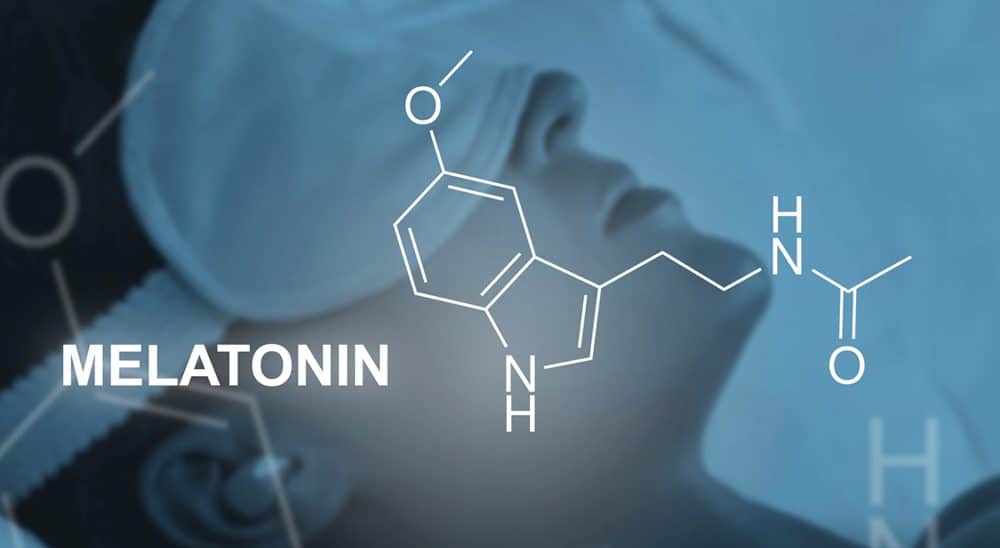Introduction
Melatonin, a widely used over-the-counter sleep aid, is favored by many for its potential to facilitate falling asleep and staying asleep. However, individuals with diabetes may have concerns about its safety and effectiveness. This article delves into the relationship between melatonin and diabetes, offering insights and guidance.
Understanding Melatonin
Melatonin is a naturally occurring hormone produced by the brain in response to darkness, which regulates circadian rhythms and promotes sleep during the night. Exposure to light at night inhibits melatonin production, potentially leading to sleep disturbances.
Tip: Fill out this form to check if you or a friend qualify for CGMs
For those with insufficient endogenous melatonin production, synthetic over-the-counter melatonin supplements are available to aid in sleep. While generally considered a safe sleep aid, it does carry some potential side effects.
Short-term Side Effects
Common short-term side effects of melatonin usage include:
- Headache
- Dizziness
- Nausea
- Sleepiness
Most individuals are advised to take a dosage of 1-3 mg of melatonin before bedtime. Dosages exceeding 5 mg may trigger headaches and migraines in some cases. Consult your healthcare provider for personalized dosage recommendations.
Must Read CGMs in noncritical care hospitals optimizes glycemic control
Long-term Effects
The long-term effects of melatonin use remain uncertain, necessitating further research to ascertain potential reactions to prolonged use.
Mechanism of Action
Melatonin is not a typical insomnia treatment drug; it assists the body in regulating circadian rhythms due to its natural presence in the body.
Its physiological functions include detoxifying free radicals, supporting antioxidant action, bone development and protection, reproductive functions, cardiovascular health, immune system modulation, and body mass regulation.
Moreover, evidence suggests melatonin may enhance brain function, and gastrointestinal health, and address psychiatric and cardiovascular disorders.
Melatonin and Diabetes
Most individuals with diabetes can safely use melatonin. It has been associated with improved insulin resistance when combined with exercise, leading to enhanced antioxidant activities, reduced hyperlipidemia, and decreased inflammatory cytokines.
Research also indicates improved glucose tolerance and insulin sensitivity in subjects using exogenous melatonin. Furthermore, melatonin may improve insulin secretion and β-cell function, potentially enhancing blood sugar control, A1C levels, and insulin resistance in individuals with diabetes.
Additionally, melatonin may mitigate diabetes complications such as hypertension, cardiomyopathy, retinopathy, wound healing, renal issues, and neuropathy.
Read Guide about Wegovy Dosage Guide: The Best Way For Weight Loss
Effect on Blood Sugar Levels
While long-term melatonin use may positively impact fasting blood sugars and A1C levels, occasional use before bedtime for sleep enhancement is unlikely to significantly affect blood sugar levels.
Such occasional use typically doesn’t necessitate insulin or food interventions. Nevertheless, consult your healthcare provider if you experience blood sugar fluctuations related to melatonin use.
Avoiding Melatonin
Certain individuals should avoid melatonin use, including pregnant or breastfeeding women, those with autoimmune disorders, individuals with high blood pressure, those struggling with depression, and those with seizure disorders. If you’re under 18, consult a healthcare provider before considering melatonin use.
Children with Diabetes
Children with diabetes, both type 1 and type 2, can often benefit from low-dose melatonin (0.5-1 mg) taken 30 to 90 minutes before bedtime. Consult a pediatrician for guidance on appropriate dosage and timing if your child experiences sleep difficulties.
Also Read About Diabetes and Sweating
Non-addictive Nature
Melatonin is not considered addictive; it does not lead to physical dependency, and withdrawal symptoms are uncommon. However, if you find yourself using melatonin regularly without improvements in your sleep or find it challenging to sleep without it, consult your healthcare provider.
Natural Sources of Melatonin
For those averse to melatonin supplements, several foods naturally contain melatonin, including bananas, cherries, milk, fish, walnuts, kiwi, eggs, pistachios, almonds, oatmeal, cashews, sardines, grapes, salmon, cherry juice, sunflower seeds, and mushrooms. Consuming these foods a few hours before bedtime may enhance sleep quality.
Alternatives to Melatonin
Various alternatives to melatonin exist. Consult your healthcare provider for prescription sleep medications, including ramelteon, designed to mimic melatonin’s effects.
Natural strategies for improved sleep include:
- Maintaining a bedroom temperature of 68 degrees Fahrenheit.
- Ceasing caffeine consumption at least 8 hours before bed.
- Daily exercise (excluding nighttime).
- A pre-sleep warm bath.
- Reducing screen exposure before bedtime.
- Avoiding late-night meals.
- Adopting a low-carbohydrate.
- High-protein evening diet.
- Limiting water intake before bed.
- Enjoying herbal tea.
- Using blackout curtains for complete darkness.
Natural supplements and vitamins such as magnesium, valerian root, l-theanine, chamomile, and passionflower can also support healthy sleep.


